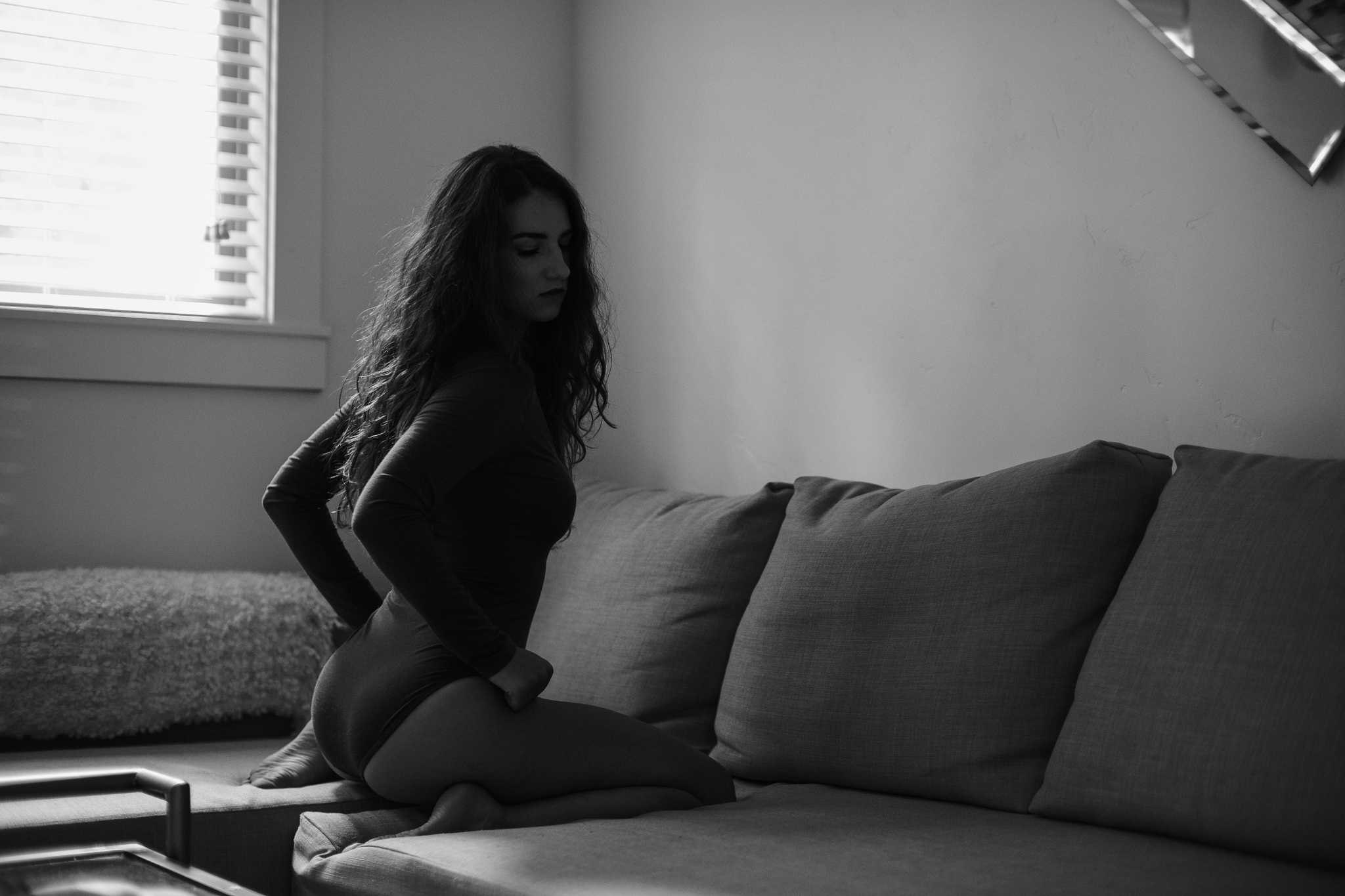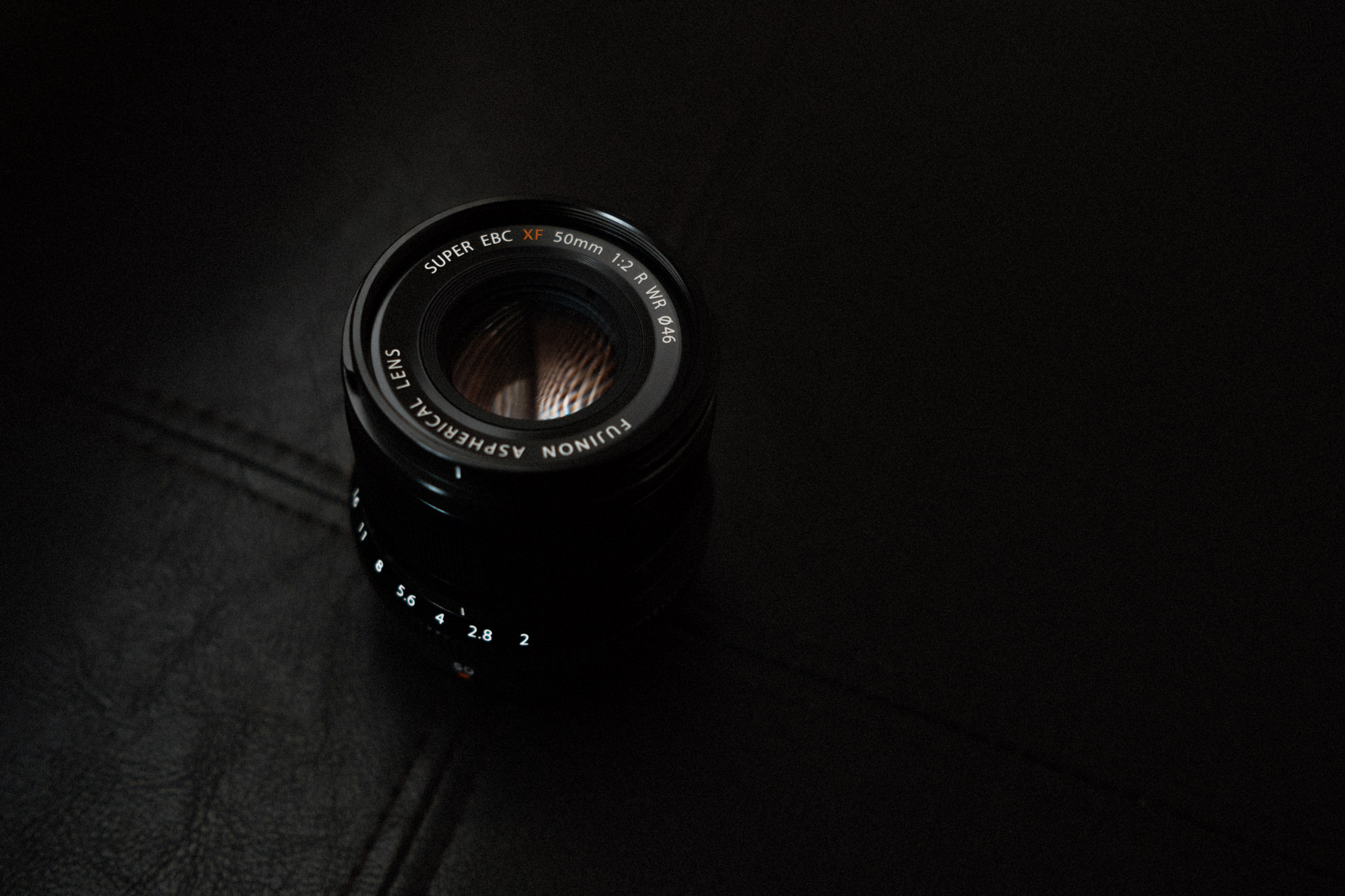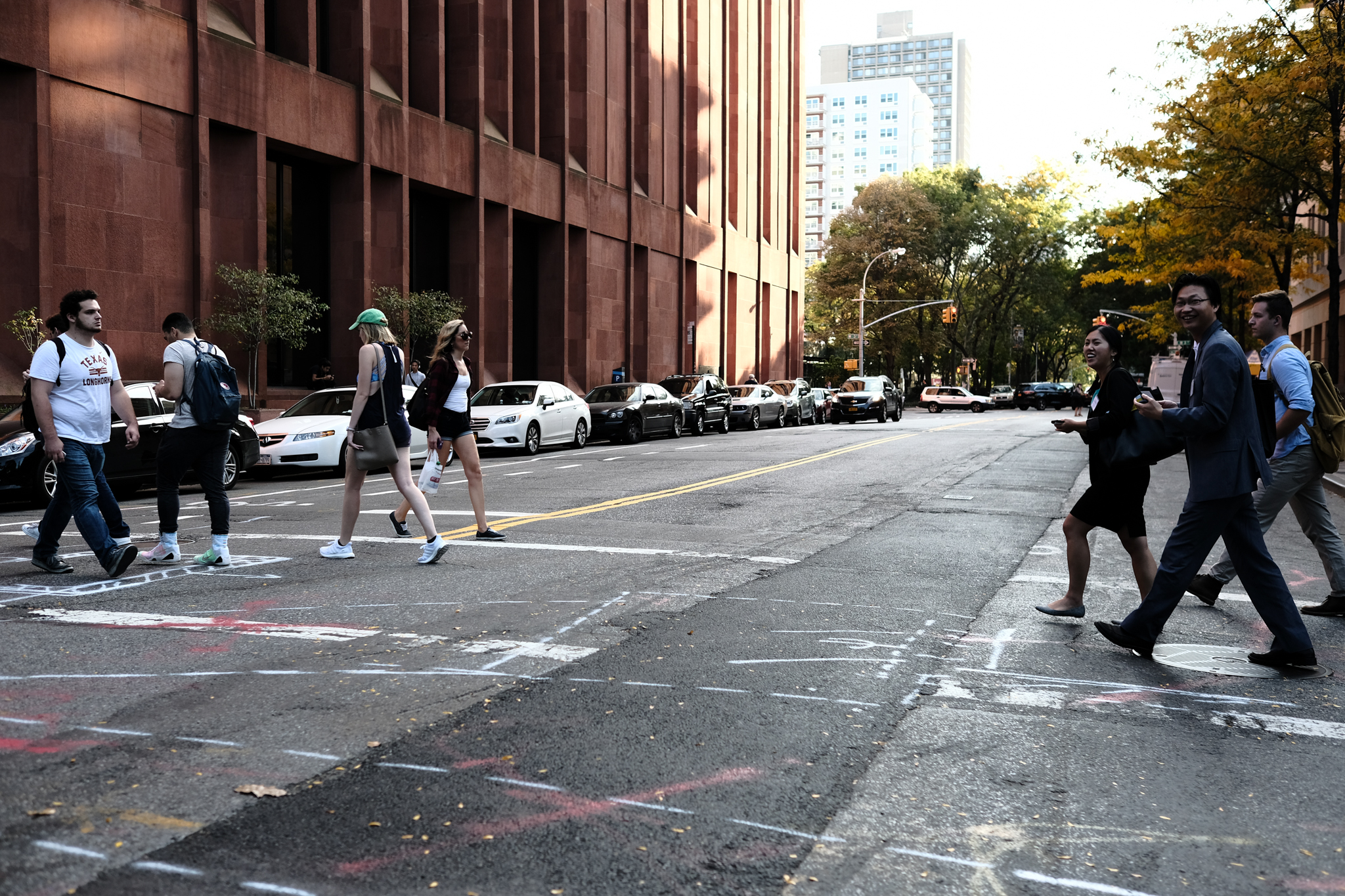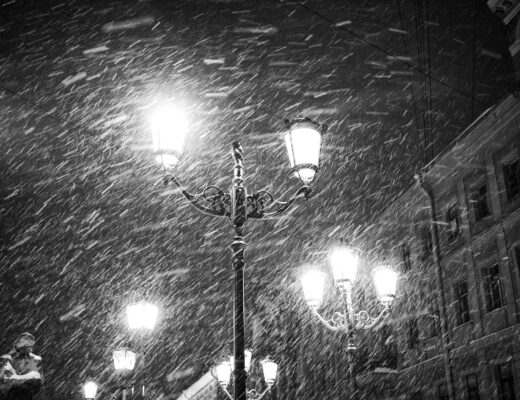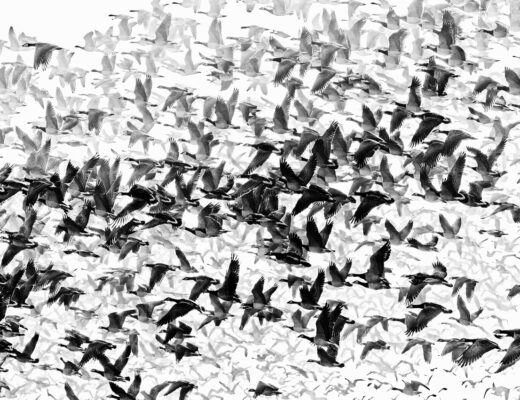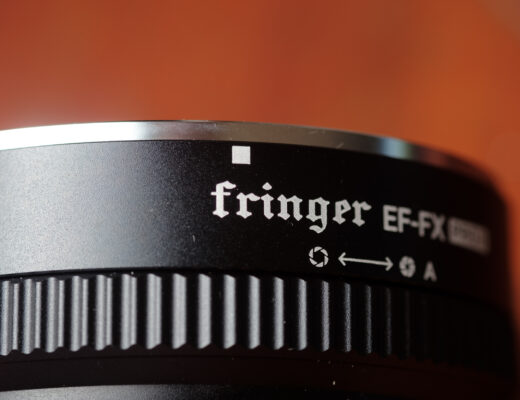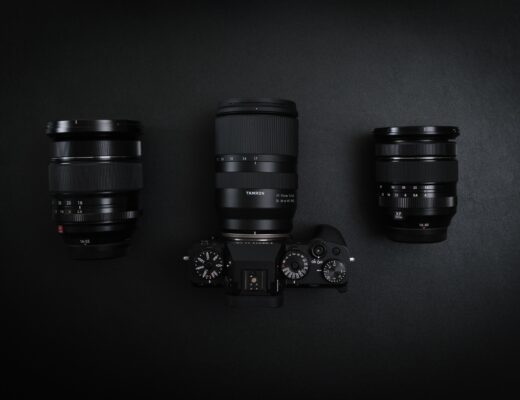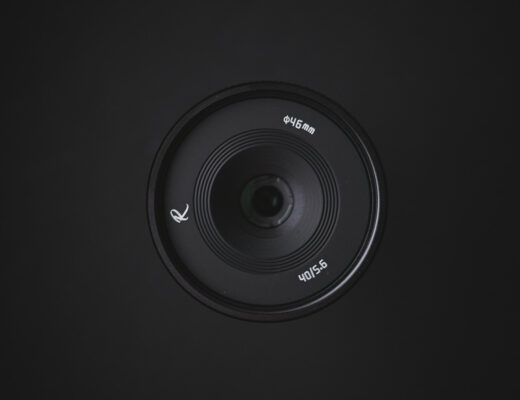We live in an interesting time, we are constantly bombarded by images from photographers of different styles, genres, and skill levels. It is not uncommon to draw a lot of inspiration for our own photography from the images that we see around us. But many photographers can approach this from the wrong angle, hurting their photography rather than helping it. Today I wanted to talk about what I see as the ‘right way’ to draw our inspiration from others and point out some of the traps that many photographers fall into when drawing upon another photographer’s work for inspiration.
It’s Not Inspiration If You Copy, It’s Copycatting
This one is a big one; a newer photographer sees an image that they like online and they set out to recreate that exact image. They attempt to match the lighting, the wardrobe, location, match it all as closely as possible. Sometimes the image turns out alright, but many times it is just plain awful. Not only is this a terrible way to draw inspiration, it’s also a great way to get yourself some enemies because if there is one thing that sets photographers off, it is others poorly copycatting them without credit.
When you come across an image you like you should analyze it, really look into it and find out what it is about it that is drawing you to it. Is it the lighting? The pose? Location or Wardrobe? Maybe the post processing? Figure out why you like it, and once you do, you can think about ways to incorporate that into your own work, with your own twist.
This helps you draw from others work while still flexing your own creative mind; where copying doesn’t involve the creative mind at all and doesn’t help you improve as a photographer either.
Reach Out, and Avoid the Gear Questions
So, you found an image that you like, great! Reach out to the photographer and talk with them about it. Find out how they made the image, what sort of thoughts and creative process they put into it. But avoid the gear questions, these are not helpful to you at all. You need to take their image as inspiration, not as gospel, and if you start asking gear questions then you give yourself a reason to focus on the wrong parts of the image. The gear didn’t take the photo, the photographer did, and if you are hoping to improve your own work as a result of this inspiration then you need to be looking at it from an analytical perspective, not a ‘step by step’ perspective.
But also try and go beyond asking about just one image. Make an effort to become friends with these people. This will allow you to bounce ideas off them, ask them for critique and get their thoughts on the photography around them. Now, I don’t mean to say you should run out and spam and annoy all your favorite photographers to death. But choose a select few, and take the time to attempt to develop a true relationship with them.
Comment on their work, start conversations with them and be true/genuine with your interactions. This will come across much better than a random message asking about gear or lighting or stroking an ego.
Follow those who inspire you to improve your photography
If you are anything l like me then you are following a ton of people on social media, many of which are likely photographers. You need to make sure that the photographers that inspire you are the ones that you follow, their style should be in line with your own, it should reinforce your vision and give you the kick to keep improving. You should not waste your time following those whose work makes you feel bad about your own work, or draws you away from your own vision. These are not people inspiring you, these are people distracting you, and if you want to grow from inspiration then you need to eliminate or at the very least limit those distractions.
So, these are just some things that I think those drawing their inspiration from other photographers should consider. Using other photos as inspiration can be an incredibly helpful tool for honing and developing your own vision. But unless you approach it the right way it can just be a step by step guide to someone else’s eye – and that won’t get you anywhere.


